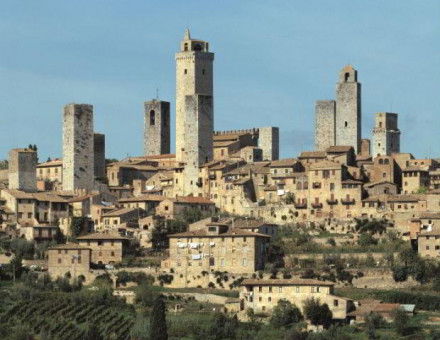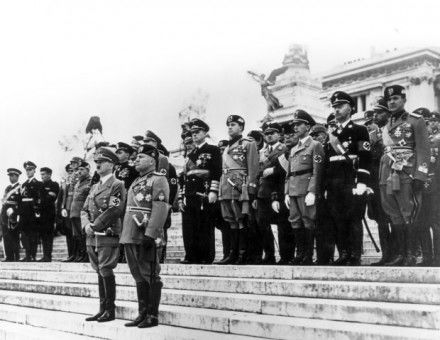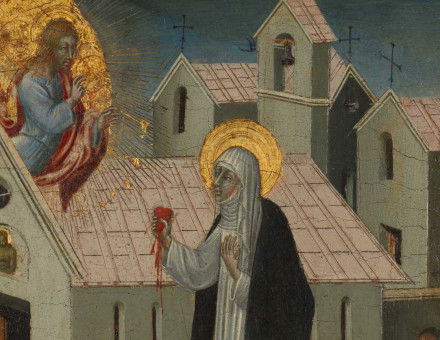Italian Communes: Attractions of Autocracy
The Italian Renaissance republics are regarded by many as pioneers of good governance. Yet republican rule often resulted in chaos and it was left to strong despotic rulers to restore order, as Alexander Lee demonstrates.







